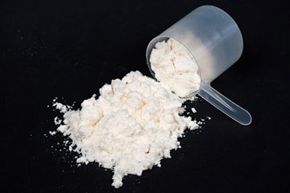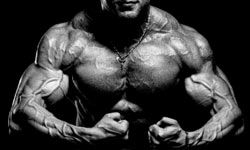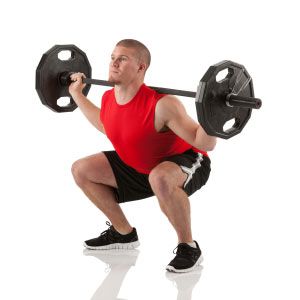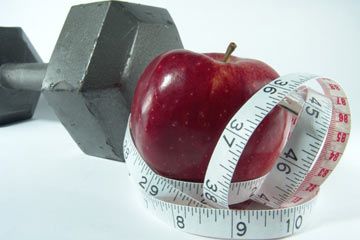If you ask an Olympic weightlifter what he or she benches, you're going to get a sigh in response.
There are no deadlifts or bench presses in Olympic weightlifting. There are two -- and only two -- lifts in the sport today: the snatch and the clean and jerk. It isn't like power lifting, which is all about brute strength. Olympic weightlifting is a very technical sport, and in addition to the strength needed for its explosive moves, according to four-time national champion lifter Chandler Alford, flexibility is key. "With the exception of gymnasts, Olympic weightlifters are the most flexible people in the world," says Alford, who's completed 13 seasons as an Olympic weightlifter, won four national championships and is a USA Weightlifting Level I certified coach.
Advertisement
To lift a terrifically heavy weight from the ground and hold it over your head in one second, your body has to be in top shape. And to get to that peak performance level, you have to treat your body like the highly efficient machine it is.
You have to give it the right fuel.
Unlike in 1896, when the first modern Olympics took place, in 2012 there a wide variety of supplements an athlete has access to that all claim to give a competitive edge. On one end of the spectrum, we have multivitamins and whey protein. On the other, anabolic steroids and hGH (human growth hormone).
The latter are prohibited by the World Anti-Doping Agency (WADA), whose guidelines the Olympics committees follow. You can access the full list of prohibited substances on the group's Web site. Growth factors, fat burners, hormone modulators, masking agents -- they're all no-nos. The National Collegiate Athletic Association (NCAA) uses similar guidelines.
So, assuming that an athlete follows the rules and stays away from the juice, what are the top supplements for Olympic weightlifters? Let's find out.
Advertisement



